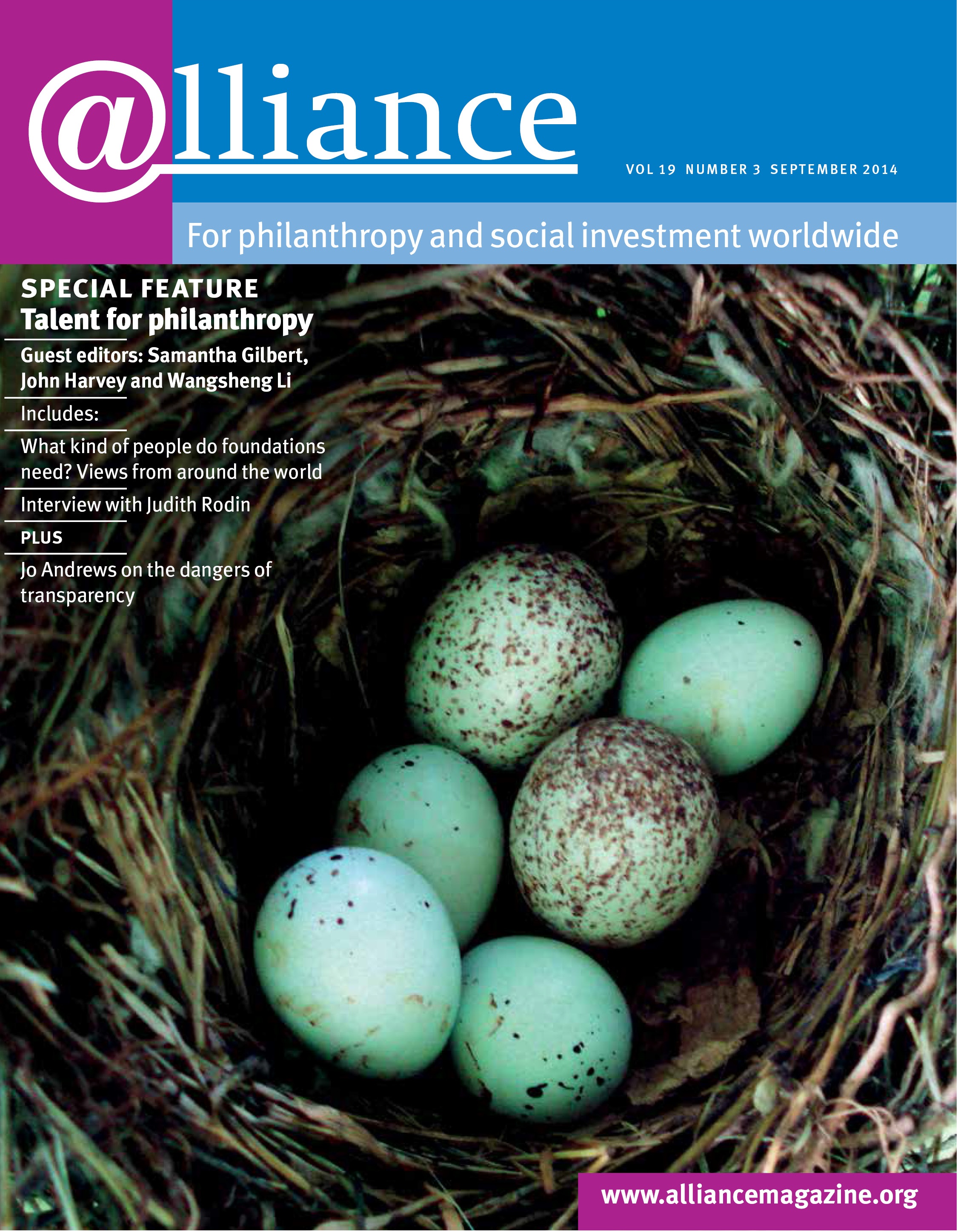Can the longer-term, holistically minded capital that impact investors provide create wider impact in catalytic industries that affect millions of people, and in countries whose success in modernizing could have regional or global implications? We have identified the EMICs (Ethiopia, Myanmar, Iran and Colombia) in particular as a group of high-opportunity countries where the urgency of success is great – and where evidence suggests that impact investing could have a role to play.
Middle-income Colombia is negotiating its accession to the OECD; Iran is keen to end international sanctions; and low-income Myanmar and Ethiopia need to modernize on a broad front in order to offer their citizens a middle-income future. All these countries are emerging from a history of empire and conflict. All have a significant proportion of young and educated job seekers, high potential for growth and turnaround, strong foreign direct investment and trade promotion strategies, considerable mineral wealth, critical mass in terms of domestic market size, and broad geostrategic importance.
These things make the EMICs interesting for investors looking for impact beyond the narrow outcomes of an investee’s products and services. Myanmar, for example, has undergone important economic reforms to allow more foreign investment to flow into the country. Iran is the largest economy in the Middle East after Saudi Arabia in terms of GDP, with upgrading and modernization of the economy held back by four decades of sanctions. Finally, Colombia has the vision to become one of the three most competitive countries in Latin America by 2030, and is close to a historic peace deal that would end over 60 years of armed conflict and would be the first step in enabling the second-largest internally displaced population in the world after Syria to settle once again.
In order for them to contribute productively while also turning a profit, however, impact investors need to move from a perspective that typically considers only a single deal to one that contemplates a total sector and countrywide investment approach. This is exciting: the EMICs offer opportunities where investors who are willing to fund signature transactions in key industries can have a role model effect that is much greater than the amount of capital deployed would suggest at first glance. Low-hanging investment themes include agriculture, affordable housing, infrastructure, metals and mining, light manufacturing, and information technology. This strategy would involve pursuing opportunities in a country’s strategic sectors, linking these prospects to national development plans and global value chains, and going about investing in ways that model best practice in terms of social and environmental impact.
Ethiopia provides a good example of the sort of opportunity I’m talking about. With a GDP growth rate of 10.7 per cent in the last decade, fuelled currently by a US$77 billion five-year public investment plan, Ethiopia has been the fastest-growing economy in Africa. But with a per capita income of US$380, the country remains among the poorest in the world. Impact-minded capital could help to modernize its key industries such as the textile and garment industry – still much smaller than, say, the agriculture sector but earmarked by the government for fast-track development. The global textile and garment industry is actually less sustainable today than it has ever been. Huge investments from Turkish, Indian and Chinese textile companies are coming into Ethiopia, but it would be a shame to reproduce poor labour conditions and a heavy environmental footprint as the industry scales up. Failure to make progress will have a destabilizing effect on the Horn of Africa, already a volatile region. Development assistance represents 50–60 per cent of the government’s budget, but it is unlikely to do the job alone.
The US$46 billion total in global impact investing assets last reported by the Global Impact Investing Network might seem like small change in comparison to the magnitude of investment capital needed in emerging and frontier markets, but the investment style pursued by impact investors can make a valuable difference in areas that are all too often limited by politically motivated development aid and private investment capital focused solely on a single, short-term bottom line.
Impact investing could become an important catalyst, accelerating change on a larger scale, moving beyond pet transactions that help people but do not provide the demonstration effect needed to improve development trajectories. It’s time to take impact investing to a total-sector perspective.
Maximilian Martin is the founder and global managing director of Impact Economy. Email maximilian.martin@impacteconomy.com







Comments (0)